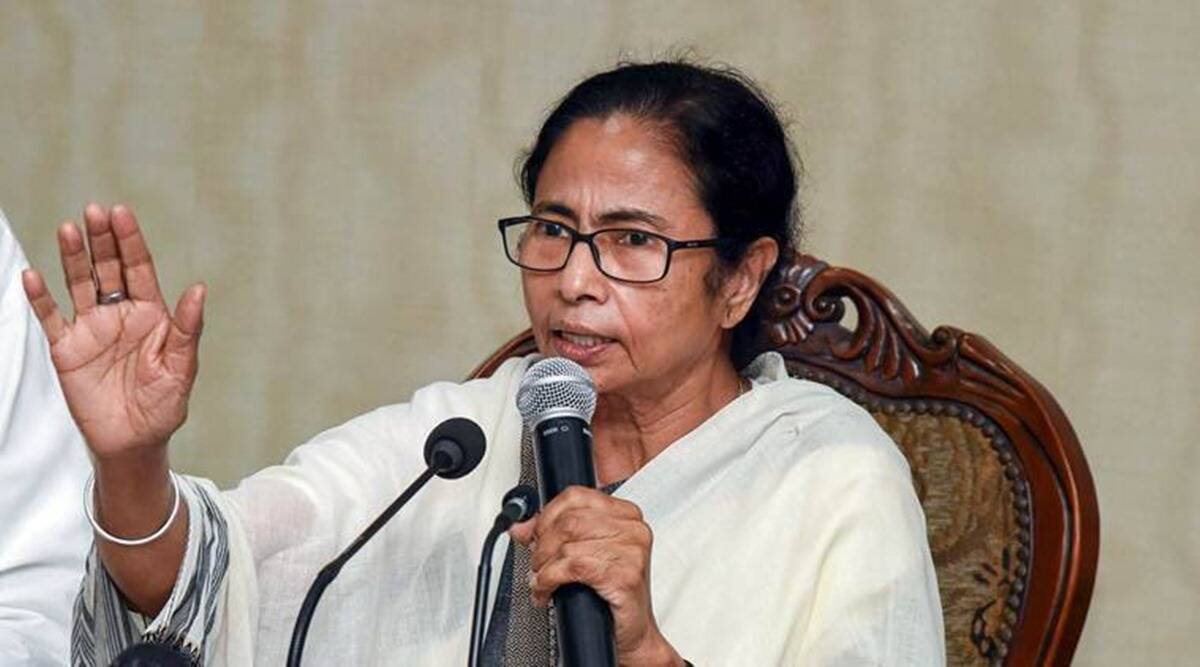On Tuesday, while addressing a rally in Jalpaiguri, West Bengal Chief Minister Mamata Banerjee said that refugee colonies have been recognized in the state, and that no one needs to fear the National Register of Citizens, the Citizenship (Amendment) Act and the National Population Register.
Banerjee also accused the BJP of trying to convert West Bengal into “riot-torn” Gujarat and dared the Union government to impose President’s Rule in the state. “BJP has created a new religion of riots and hatred among communities,” she alleged.
Also See: West Bengal election 2021: battleground for TMC and BJP
The TMC supremo reiterated that BJP-national president J P Nadda’s convoy was not attacked and wondered why “convicted criminals” were accompanying him. “If the BJP and the central government think they can scare us by bringing in central forces and transferring state cadre officers, they are wrong. The Centre is summoning our officers. No one wanted to hurt him (Nadda) or his convoy,” Banerjee said.
The flare-up comes at a time when the BJP-led Centre and the TMC government are locked in a new tussle after stones were pelted by alleged Trinamool men at Nadda’s motorcade. It was also blamed by certain observers that the attack was staged by the BJP men to get a chance of bringing in centre’s intervention.
Banerjee further added, “Why were so many cars accompanying his convoy? Why were convicted criminals accompanying him? The goons who vandalized the bust of Ishwar Chandra Vidyasagar last year were also accompanying Nadda. People get infuriated when they see such goons roaming free. I dare the Centre to impose President’s Rule in Bengal.”
She also accused the Centre of interfering in the state’s jurisdiction by summoning IPS officers serving under the state government.
Referring to a recent letter addressed to the prime minister by BJP MP Subramanian Swamy over changing the national anthem, the Chief Minister said that the people of the state will give the party a befitting reply if it goes ahead with such a “misadventure”.
In his letter to PM, Swamy had argued that Tagore’s ‘Jana Gana Mana’, which was adopted by Indian Constituent Assembly on 24 January 1950 as India’s national anthem, neither reflects post-independence Indian reality as it contains ‘Sindh’ (which now lies in Pakistan) nor is it clear for whom this was written as the Nobel prize-winning poet composed it in 1911.





